News & articles
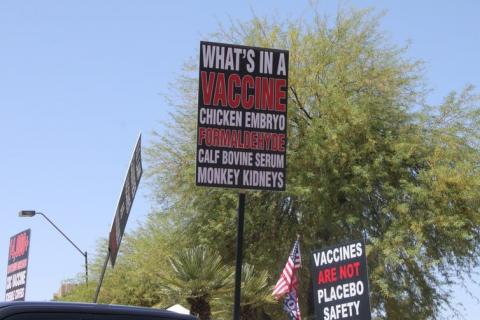
I've been talking to conspiracy theorists for 20 years – here are my six rules of engagement
With prospects of a COVID-19 vaccine looking up, attention is also turning to the problem of anti-vax ideas.

OU space expertise to survey UK tree population
OU researchers have just received funding to identify the species, size and condition of trees in the UK through remote sensing techniques, with a view to ultimately applying these techniques from space.
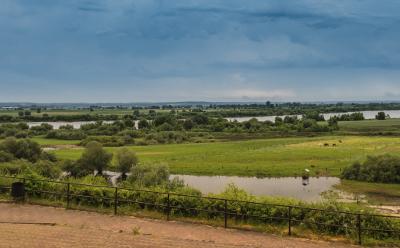
New funding to support Floodplain Meadows project
The OU-led Floodplain Meadows Partnership (FMP) has received additional emergency funding from the Esmée Fairbairn Foundation in response to the coronavirus pandemic.
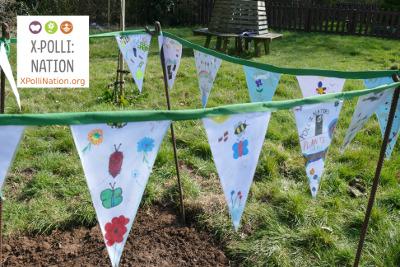
New technology-enhanced learning materials on pollinators during Bees Needs Week
As the COVID-19 pandemic puts the focus on literacy and numeracy in home-schooling, OU researchers have developed technologies to also help families learn about the natural environment.

Research to bridge the gap between marginalised communities and tech developers
A project which will join up conversations about future technologies between communities which tend to be marginalised and industry partners has just got funding.

Call for long-term investment in Violence Reduction Units
The final report of the cross-party Youth Violence Commission (YVC), launched today (Monday 13 July 2020), calls for long-term investment in Violence Reduction Units to keep young people safe.
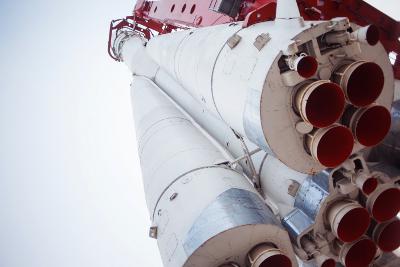
Research to develop smart manufacturing processes for Space materials
OU researchers have received funding to develop smart manufacturing processes for Space materials.

Recommendations to improve the mental health of emergency responders
A new report out this week (6 July 2020), makes recommendations to improve the mental health of emergency responders.
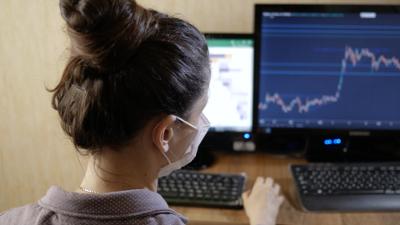
New research into the impacts of COVID-19 on the self-employed in the UK
An OU academic is leading the expert panel strand of a new research project to consider the impacts of COVID-19 on the self-employed in the UK.

Make meadow hay while the sun shines, but when?
As the haymaking season begins, an OU PhD student is researching the importance of getting the timing of hay cutting right.
Contact our news team
For all out of hours enquiries, please telephone +44 (0)7901 515891
Contact details